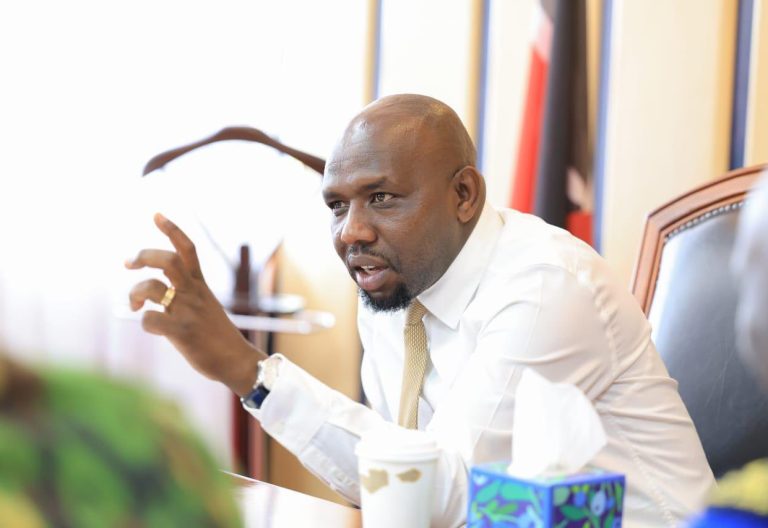Finding place for village elders in State’s transformation journey

For decades, they have been the quiet custodians of Kenya’s community life, mediating conflicts, guiding moral conduct, and holding families together with nothing more than wisdom, respect, and a deep sense of duty.
Kenya’s village elders have long served as the unspoken foundation of grassroots leadership. Yet for all their selfless service, they remained invisible; mostly unrecognised, unpaid, and excluded from formal governance frameworks.
That reality is finally beginning to change. In a historic move, the government has launched a policy process aimed at formally recognising village elders as part of the country’s governance structure. The Ministry of Interior and National Administration has initiated public participation forums on two key frameworks; the Draft National Government Village Elders Policy and the National Government Coordination (Administrative Units) Regulations, 2025 in what is being described as a turning point in Kenya’s approach to grassroots leadership.
Interior Cabinet Secretary Kipchumba Murkomen (pictured) called the policy a “transformative milestone in Kenya’s journey towards devolved governance,” noting that it seeks to bridge the gap between citizens and the government by strengthening service delivery and fostering inclusivity at the lowest level of administration.
The policy outlines plans to formally embed village elders by defining their roles, responsibilities, and eligibility criteria, while also offering training and facilitation to ensure they can perform effectively as part of government structure.
For generations, elders have acted as moral anchors and agents of peace in their communities, often without any form of state support.
Their contributions, while deeply respected at the local level, have not been matched with institutional recognition. The proposed reforms now seek to address that disconnect. Once implemented, village elders will not only continue their traditional functions, such as maintaining social harmony and preserving cultural values — but will also take on formal administrative duties, including keeping community incident records, promoting civic awareness, and acting as links between citizens and state institutions.













